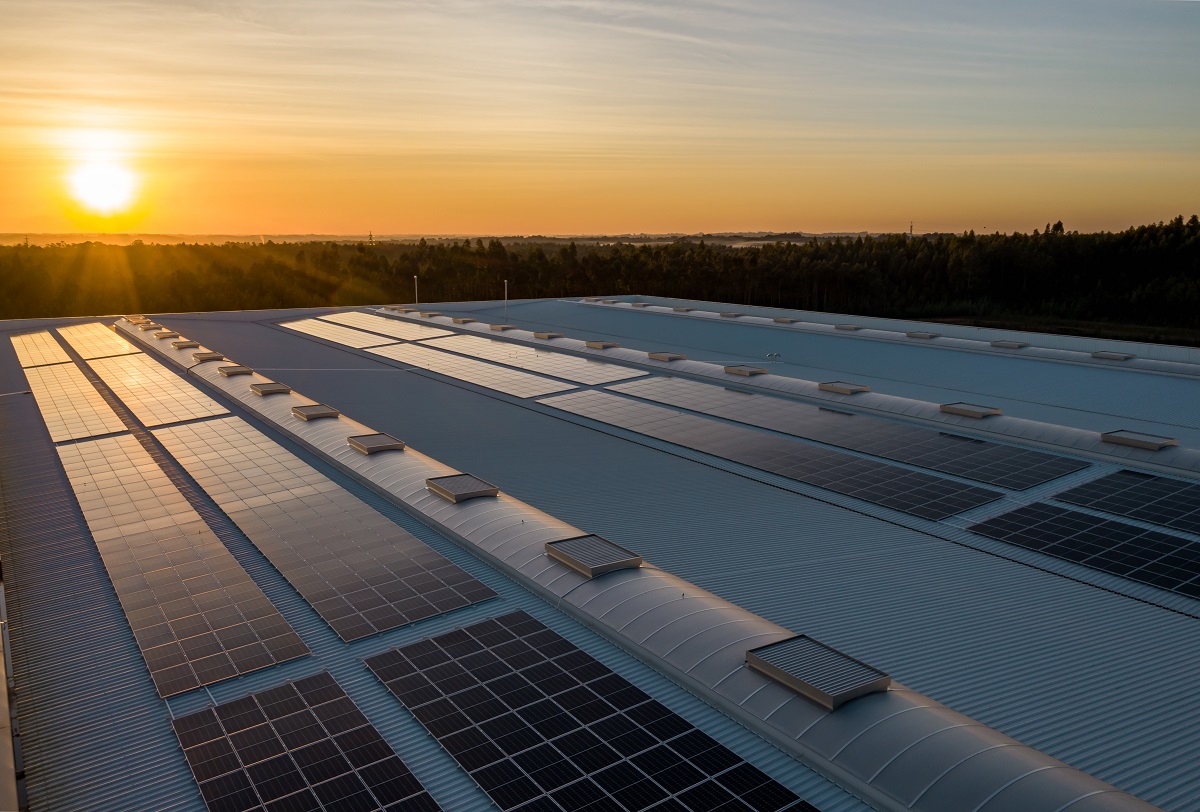
This year’s unabated market volatility and deteriorating macroeconomic indicators are forcing some investors to seek refuge in high-yielding stocks whose dividends could provide a cushion during these tumultuous times.
As of Sept 30, the Morningstar US Dividend Growth index, the S&P 500 Dividend Aristocrats index, and the S&P/TSX Composite Dividend index have fallen by 18.62%, 18.86% and 7.46%, respectively. The market rout has revealed select dividend diamonds in the Morningstar coverage universe, boasting attractive yields.
The following companies from a variety of sectors provide stable and predictable dividend payout possibilities, have maintained steady cash flows, and are trading at prices lower than our fair value estimates.
A diversified energy company, Oneok (OKE) provides natural gas gathering, processing, storage, and transportation as well as natural gas liquids transportation and fractionation. The firm owns extensive assets in the midcontinent, Permian, and Rocky Mountain regions.
“Oneok brings together high-quality assets, some of the strongest near- to medium-term growth prospects in our coverage as Rockies volumes continue their ongoing rebound, a C-Corporation structure, and a well-respected management team in a compelling package,” says a Morningstar equity report.
About 90% of Oneok's earnings are fee-based, and 80%-90% of its customers are investment-grade. As well, the firm hedges its limited commodity price exposure.
Oneok management managed the balance sheet well during the 2020 energy crisis while slicing capital spending significantly. “With the reduced capital program, Oneok finally has material levels of excess cash flow in 2022,” says Morningstar sector strategist, Stephen Ellis.
There could be up to US$400 million in buybacks in 2022. However, “knowing Oneok's penchant for finding accretive growth projects, this is also equally likely to be plowed back into attractive growth assets,” says Ellis, who pegs the stock’s fair value at US$56.
Oneok's major growth opportunities in the near term lie in the Rockies and Williston Basin. “Oneok's natural gas liquids volumes in the Rockies are around 329,000 barrels per day, well below its current capacity of 440,000 b/d (expandable to 540,000 b/d),” Ellis points out.
Other growth drivers are ongoing rig activity, ethane recovery, and reducing flared gas.
Federal Realty Investment Trust (FRT) is a shopping centre-focused retail real estate investment trust. It owns high-quality properties in eight of the largest metropolitan markets. Its portfolio comprises 101 properties, which include 23.4 million square feet of retail space and over 2,600 multifamily units.
Federal’s portfolio includes grocery-anchored centers, superregional centers, power centers, and mixed-use urban centers. It owns assets in highly desirable areas with significant growth. “It has strategically acquired and developed assets in submarkets with strong demand drivers, creating a portfolio with average location population density and median household income higher than any other retail REIT,” says a Morningstar equity report.
This has helped Federal Realty drive strong same-store net operating income growth and average double-digit re-leasing spreads over the past two decades.
The firm’s “portfolio should continue to attract shoppers and tenants and produce solid internal growth even in a challenging retail environment,” says Morningstar equity analyst Kevin Brown, who recently upped the stock’s fair value to US$139 from US$138, incorporating second-quarter 2022 results.
While many of Federal's tenants must directly compete with the growth of e-commerce, much of the portfolio is insulated from online competition owing to segments like grocery stores, restaurants, fitness centres, and other service-based businesses that still drive traffic to physical retail outlets.
“Thus, we expect Federal's portfolio to remain in demand despite the changing retail environment,” says Brown.
Moreover, Federal's revenue is “somewhat protected by long-term leases, and while occupancy did drop in 2020 it is nearly back to 2019 levels,” Brown notes.
KeyCorp (KEY) provides retail and commercial banking, leasing, investment management, consumer finance, and investment banking products and services to middle-market commercial and individual clients. With US$170 billion in assets, the firm’s bank footprint spans 16 states, but it is predominantly concentrated in its two largest markets: Ohio and New York. KeyCorp is primarily focused on serving middle-market commercial clients through a hybrid community/corporate bank model.
KeyCorp suffered during the financial crisis due to its higher-risk commercial real estate lending in out-of-footprint states. Since then, it has shed most of its construction-related commercial real estate business and has refocused on its core corporate banking operations and capital markets services. “With increasing credit quality and declining credit-related costs, along with significant operational improvements, KeyCorp has returned to healthy profitability,” says a Morningstar equity report.
The bank's 2016 acquisition of Buffalo-based First Niagara Bank has also helped drastically improve the bank's operating efficiency and scale.
“The First Niagara acquisition has improved many of these metrics for KeyCorp in New York, such as deposits per branch and average metropolitan statistical area market share,” says Morningstar sector strategist Eric Compton, who puts the stock’s fair value at US$26.
KeyCorp also gained access to some key new product sets, most notably residential mortgages, which remain a key growth driver for the bank today.
Also viewed favourably are the bank's latest investments into more technologically forward endeavours, including Laurel Road, “which “is a key growth engine for the bank today, using a digital national platform approach,” says Compton.























